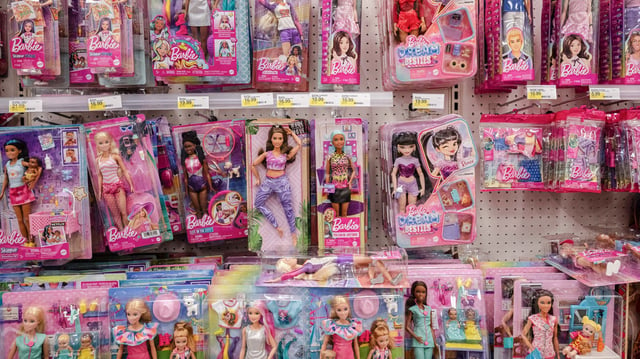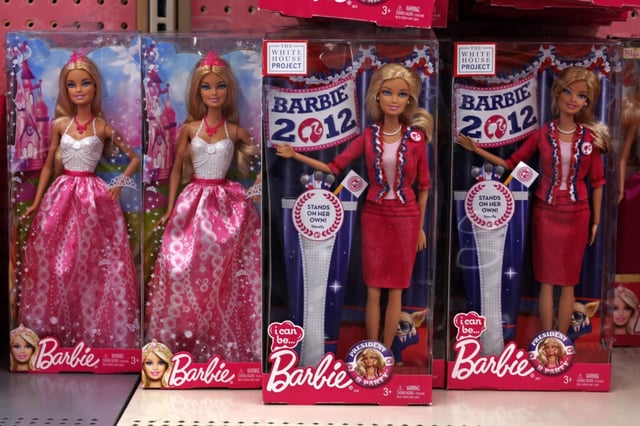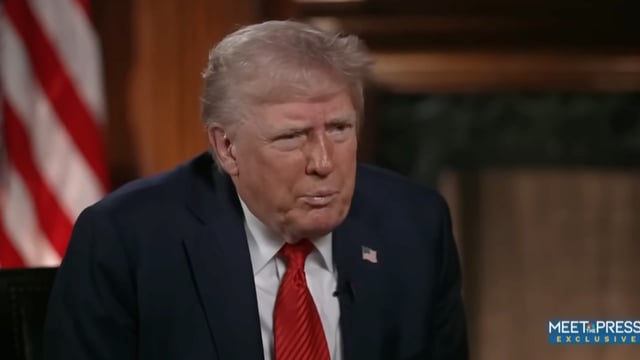Overview
- President Trump defended his China tariffs by suggesting that children could own fewer, higher-quality toys, framing it as a shift away from overconsumption.
- The analogy has drawn mixed reactions, with some praising its critique of consumerism and others criticizing it as tone-deaf and politically risky.
- Critics argue the tariffs could raise consumer costs and disrupt supply chains, particularly in the toy industry, which relies heavily on Chinese imports.
- Progressive commentators highlight a gendered bias in Trump’s rhetoric, suggesting it frames material care as feminine and inherently shameful.
- Economic analysts question whether the tariffs will successfully revive U.S. manufacturing, citing challenges like automation and labor shortages.


